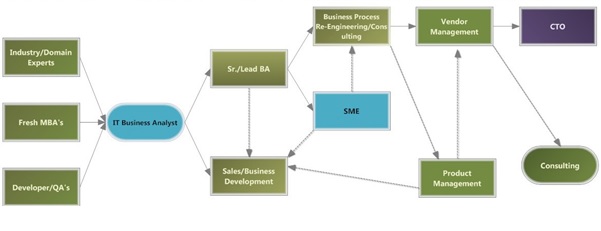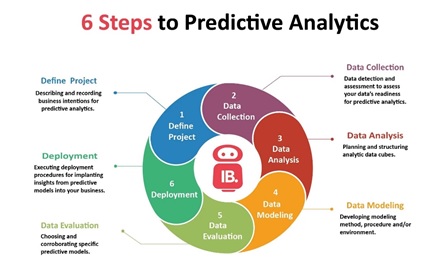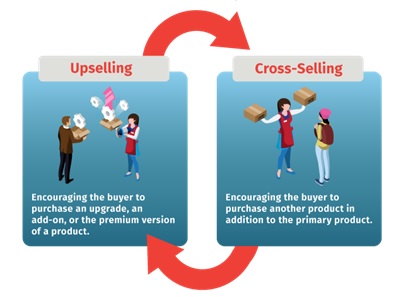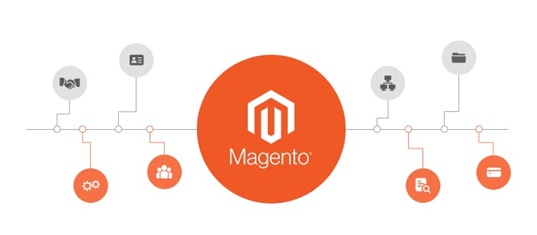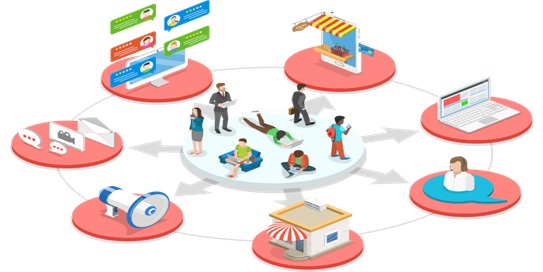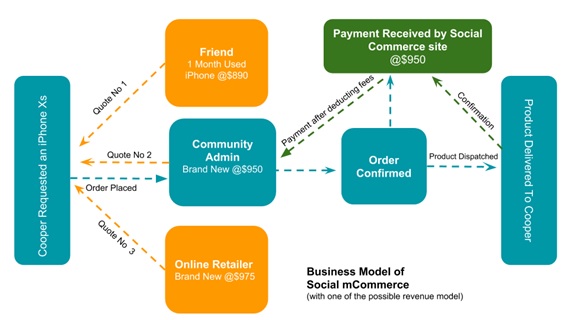Decentralized Platform Empowers Users to Own Shares of AI Models Trained on Their Data
In February 2024, Reddit signed a $60 million deal with Google, granting the tech giant access to platform data for training its AI models. However, Reddit users—whose data was being sold—were notably excluded from the discussions.
The deal highlighted a fundamental truth of the modern internet: big tech companies control nearly all online data and determine its usage [1]. Many platforms monetize their data, with the fastest-growing method being selling it to AI companies—large tech firms leveraging the data to train increasingly powerful models.

Figure 1. Decentralized Platform Empowers Users to Own AI Models Trained on Their Data
The decentralized platform Vana, originally a class project at MIT, aims to return control to users. It has developed a fully user-owned network where individuals can upload their data and decide how it is used. AI developers propose model ideas, and if users agree to contribute their data for training, they receive proportional ownership in the models. Figure 1 shows Decentralized Platform Empowers Users to Own AI Models Trained on Their Data.
The goal is to give everyone a stake in AI systems shaping society while unlocking new data sources to drive technological advancements.
"This data is essential for building better AI systems," says Vana co-founder Anna Kazlauskas ’19. "Our decentralized system enables access to higher-quality data—currently held by big tech—while ensuring users retain ultimate ownership."
From Economics to Blockchain
While many high school students decorate their walls with images of pop stars or athletes, Kazlauskas had a picture of former U.S. Treasury Secretary Janet Yellen.
Initially set on becoming an economist at MIT, she instead became one of five students to join the MIT Bitcoin Club in 2015—an experience that introduced her to the world of blockchain and cryptocurrency.
From her dorm room in MacGregor House, Kazlauskas began mining Ethereum, even searching campus dumpsters for discarded computer chips.
"It sparked my interest in computer science and networking," she says. "From a blockchain perspective, that included distributed systems and their potential to shift economic power to individuals, as well as AI and econometrics."
During the former Media Lab class Emergent Ventures, Kazlauskas met Art Abal, then a Harvard student. Together, they set out to explore new ways to obtain data for training AI systems.
"Our question was: How could a large number of people contribute to AI systems through a distributed network?" Kazlauskas recalls.
She and Abal aimed to challenge the status quo, where most AI models are trained by scraping public internet data or purchasing large datasets from other companies.
Their approach evolved over time, shaped by Kazlauskas’ experience at the financial blockchain company Celo after graduation. She credits MIT with helping her develop this mindset, and Emergent Ventures instructor Ramesh Raskar continues to advise Vana on AI research.
"It was great to have an open-ended opportunity to build, hack, and explore," Kazlauskas says. "That ethos at MIT is crucial—just building things, seeing what works, and iterating."
Vana leverages a little-known law that allows users to export their data from major tech platforms. Users can upload this data into encrypted digital wallets within Vana and choose how it is used to train AI models.
AI engineers propose ideas for open-source models, and users can pool their data to aid in training. In the blockchain space, these data pools are known as data DAOs (decentralized autonomous organizations). The data can also be used to create personalized AI models and agents while preserving user privacy, as identifiable information remains protected.
Once a model is created, users retain ownership, earning proportional rewards whenever it is used based on their data's contribution.
"From a developer’s perspective, you can now build hyper-personalized health applications that factor in exactly what you ate, how you slept, and how you exercised," Kazlauskas says. "These applications aren’t possible today because of the walled gardens of big tech companies."
User-Owned, Crowdsourced AI
Last year, a machine-learning engineer used Vana to propose training an AI model capable of generating Reddit posts. Over 140,000 Vana users contributed their Reddit data, including posts, comments, and messages. Users set the terms for the model’s use and retained ownership after its creation.
Vana has facilitated similar projects using user-contributed data from X (formerly Twitter), sleep data from Oura rings, and more. Some collaborations even merge data pools to develop broader AI applications.
"Say users have Spotify data, Reddit data, and fashion data," Kazlauskas explains. "Normally, Spotify wouldn’t collaborate with those companies, and regulations prevent it. But users can grant access, allowing cross-platform datasets to power highly advanced models."
Vana now has over 1 million users and more than 20 active data DAOs [2]. Users have proposed over 300 additional data pools, many of which are set to launch this year.
"I see great potential in generalized AI models, personalized medicine, and new consumer applications, as accessing or combining diverse data remains a major challenge," Kazlauskas says.
These data pools enable groups of users to achieve what even the most powerful tech companies struggle with today.
"Big tech companies have created data moats, making the best datasets inaccessible," Kazlauskas explains. "It’s a collective action problem—one person’s data isn’t very valuable, but a pool with tens of thousands or millions of users becomes highly valuable. Vana enables the creation of such pools."
"It’s a win-win: Users benefit from AI’s growth by owning the models, preventing a single company from controlling an all-powerful AI. This approach leads to better technology while ensuring that everyone benefits."
References:
- https://www.linkedin.com/pulse/decentralized-ai-marketplaces-empowering-trust-data-sharing-orotomu--oxolf
- https://news.mit.edu/2025/vana-lets-users-own-piece-ai-models-trained-on-their-data-0403
Cite this article:
Janani R (2025), Decentralized Platform Empowers Users to Own Shares of AI Models Trained on Their Data, AnaTechMaz, pp.80


